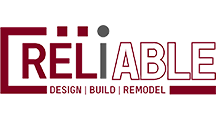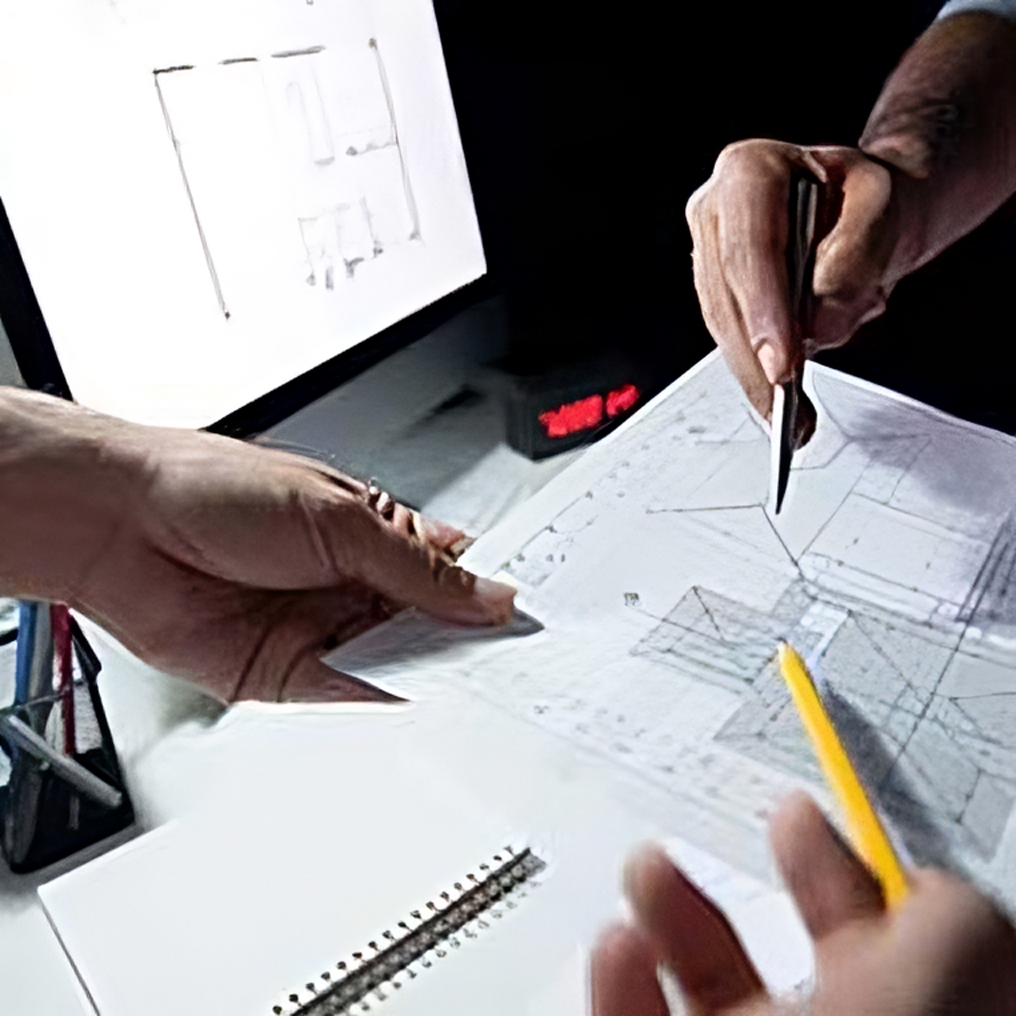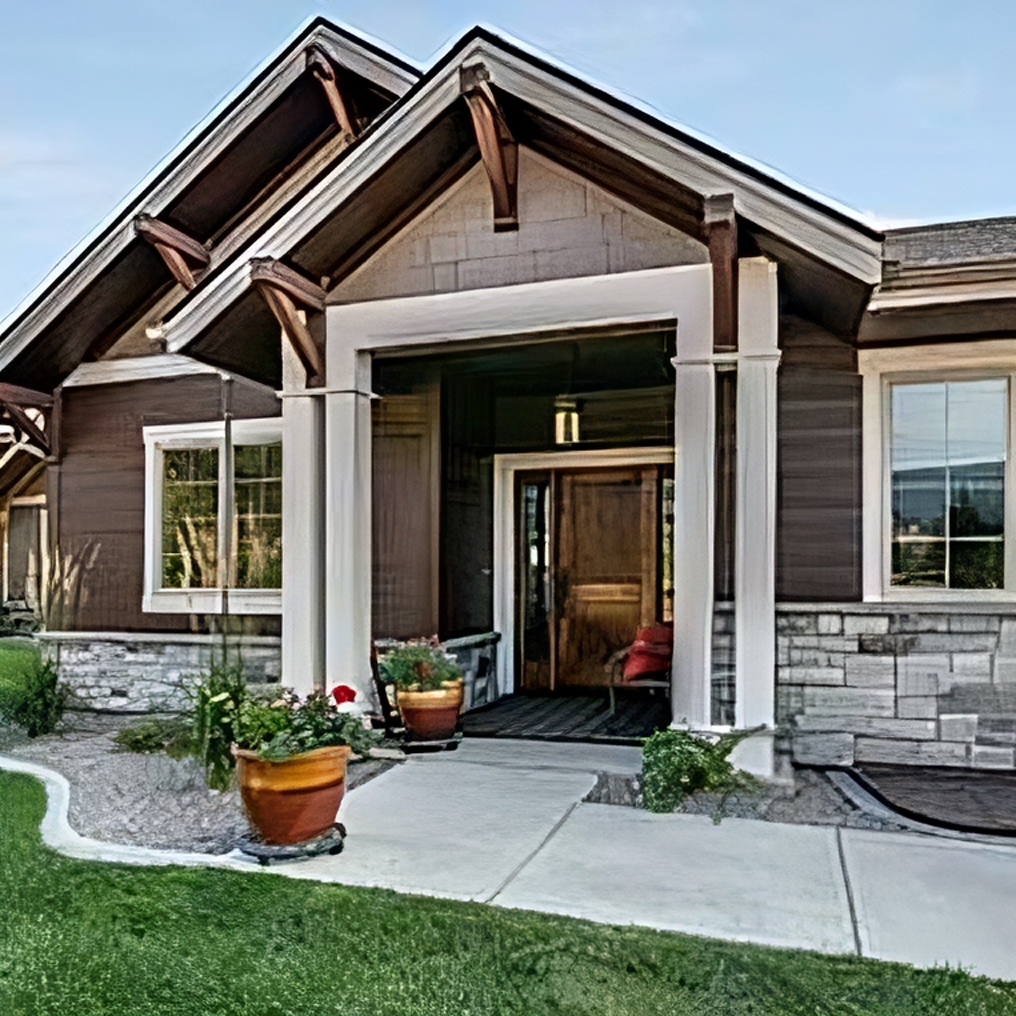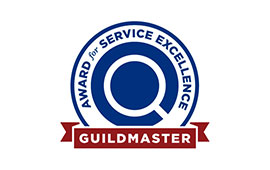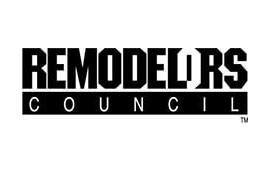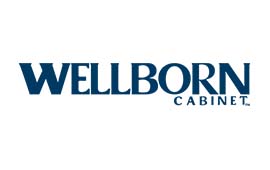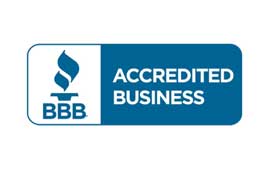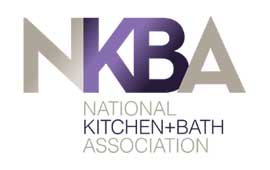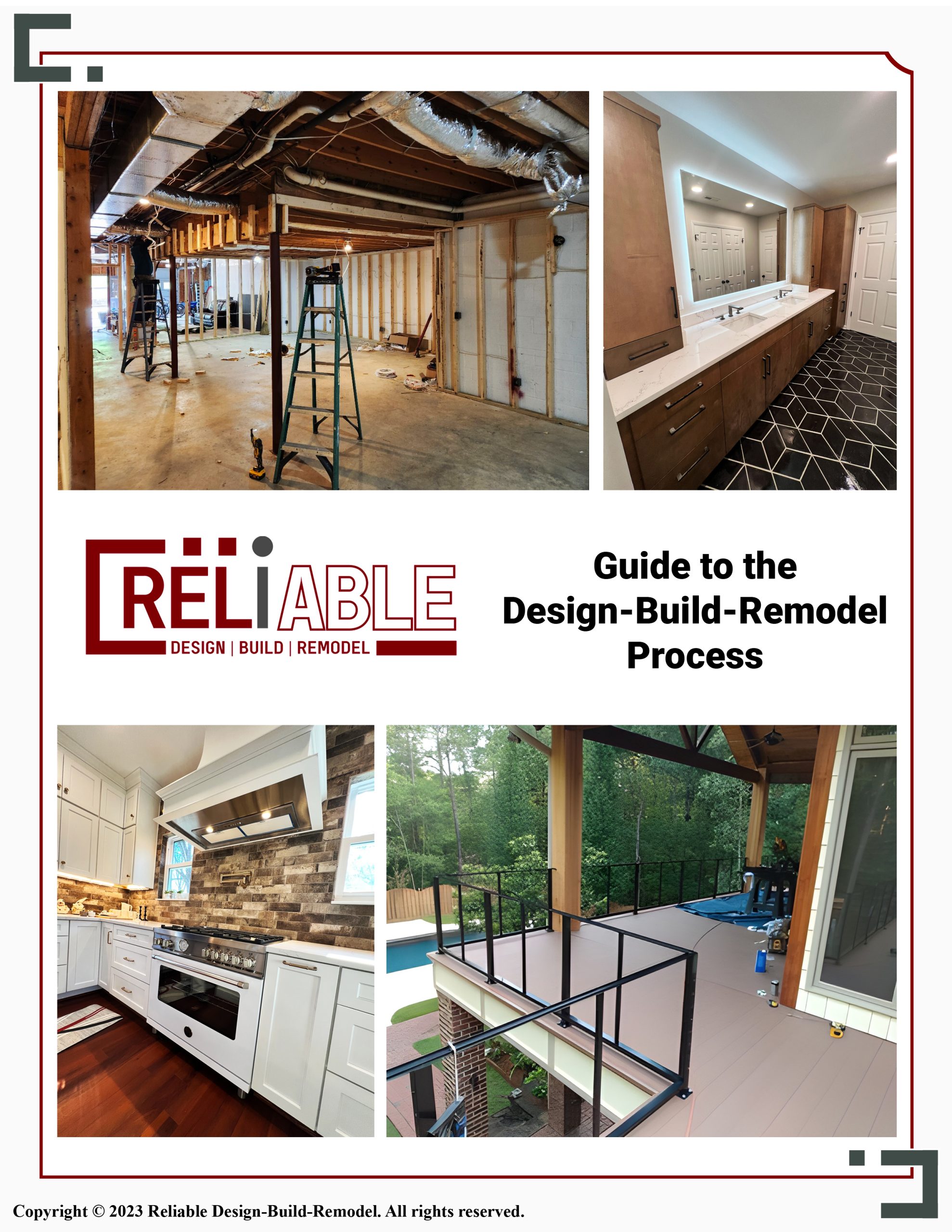Renovating a home is an exciting yet complex endeavor. Whether you’re updating an older property, modernizing your living space, or preparing for resale, knowing how to allocate your budget effectively can make all the difference. At Reliable Design-Build-Remodel, we take pride in helping Birmingham homeowners navigate the renovation process with confidence. In this guide, we’ll explore the most common questions homeowners ask when considering a modern home renovation.

How Much Money Should You Put Into Renovations?
The amount you should invest in home renovations depends on your goals. If you’re renovating to increase your home’s value before selling, the general rule of thumb is to invest no more than 15-30% of your home’s current value on a single project. If your goal is personal enjoyment and functionality, consider prioritizing the spaces you use most—like kitchens, bathrooms, and living areas. Smart renovations that improve energy efficiency and structural integrity can also provide long-term financial benefits.
Is $100,000 Enough to Renovate a House?
A budget of $100,000 can go a long way in home renovation, but how much it covers depends on the scope of the project. In Birmingham, AL, this budget can typically cover a major kitchen or bathroom remodel, new flooring throughout the house, updated plumbing and electrical systems, or even an addition like a new bedroom or home office. However, full-scale renovations, including structural changes or high-end materials, may exceed this budget. Working with a professional team ensures you get the most value out of your renovation dollars.
What Adds the Most Value in a Renovation?
Some home renovations offer a higher return on investment than others. Kitchen and bathroom remodels consistently provide the best value, as these areas are key selling points for homebuyers. Energy-efficient upgrades, such as new windows, insulation, and HVAC systems, also attract buyers while lowering utility bills. Other high-value improvements include open-concept living spaces, finished basements, and upgraded curb appeal (like new siding, a fresh coat of paint, or landscaping). Prioritizing renovations that enhance both function and aesthetics will yield the best financial return.
What is the Difference Between Renovation and Remodel?
Though often used interchangeably, renovation and remodel are distinct terms in the home improvement industry. Renovation involves restoring or updating an existing space while maintaining its original purpose—for example, replacing outdated cabinetry, refinishing floors, or repainting walls. Remodeling, on the other hand, involves structural changes that alter the functionality of a space—such as knocking down walls to create an open floor plan or converting a garage into a living area. Understanding the difference helps in setting realistic expectations for your project.

How Do Most People Pay for Home Renovations?
Homeowners use various methods to finance their home renovations. Some of the most common include:
- Cash savings – The most straightforward option, ideal for smaller projects.
- Home equity loans or HELOCs – These allow homeowners to borrow against their home’s equity at relatively low interest rates.
- Personal loans – An option for those who need funding quickly, though interest rates may be higher.
- Government-backed loans – Programs like FHA 203(k) loans are available for buyers looking to renovate after purchasing.
- Credit cards – Best used for minor upgrades or emergency repairs, as interest rates can be steep.
Determining the best financing option depends on your financial situation, the project’s scope, and your long-term investment strategy.
What is the Most Expensive Thing When Renovating a House?
The most expensive components of a home renovation usually involve structural changes, kitchen and bathroom overhauls, and major system upgrades. Kitchen renovations, including new cabinetry, countertops, and appliances, can be among the most costly due to the specialized labor and materials involved. Bathroom remodels, especially those requiring plumbing reconfiguration, also rank high in cost. Additionally, roof replacements, foundation repairs, and HVAC upgrades can be significant expenses but are essential for maintaining the home’s integrity and value.
Is It Better to Pay Cash or Finance Home Improvements?
Whether to pay cash or finance home improvements depends on your personal financial situation. Paying cash avoids interest charges and keeps you debt-free, making it the ideal choice if you have sufficient savings. However, financing may be the better route if you want to preserve cash flow or invest in a larger-scale project that will significantly increase your home’s value. Low-interest home equity loans or lines of credit can be an excellent option, as they offer competitive rates compared to personal loans or credit cards.

Modern home renovation is a strategic investment that enhances both the beauty and functionality of your home. By carefully planning your budget, prioritizing high-value upgrades, and choosing the right financing method, you can achieve a successful renovation that aligns with your lifestyle and financial goals. At Reliable Design-Build-Remodel, we are committed to guiding Birmingham homeowners through the process with expertise and integrity. If you’re ready to transform your space, our team is here to help you bring your vision to life!
Reliable Design-Build-Remodel is a full service general construction firm and modern home renovation contractor operating in the Birmingham metro and Jefferson and Shelby County areas and surrounding communities, including Birmingham, Helena, Chelsea, Mountain Brook, Hoover, Homewood, Montevallo, Alabaster, Vestavia Hills, and Pelham, with over 30 years of servicing our valued clients. Offering full service suite of general remodeling, design and build services. Our specialties include bathroom remodeling, kitchen remodeling, exterior renovations, interior renovations, painting, and more!
Visit us at reliablerem.com, and like and follow us on Facebook and Instagram!
